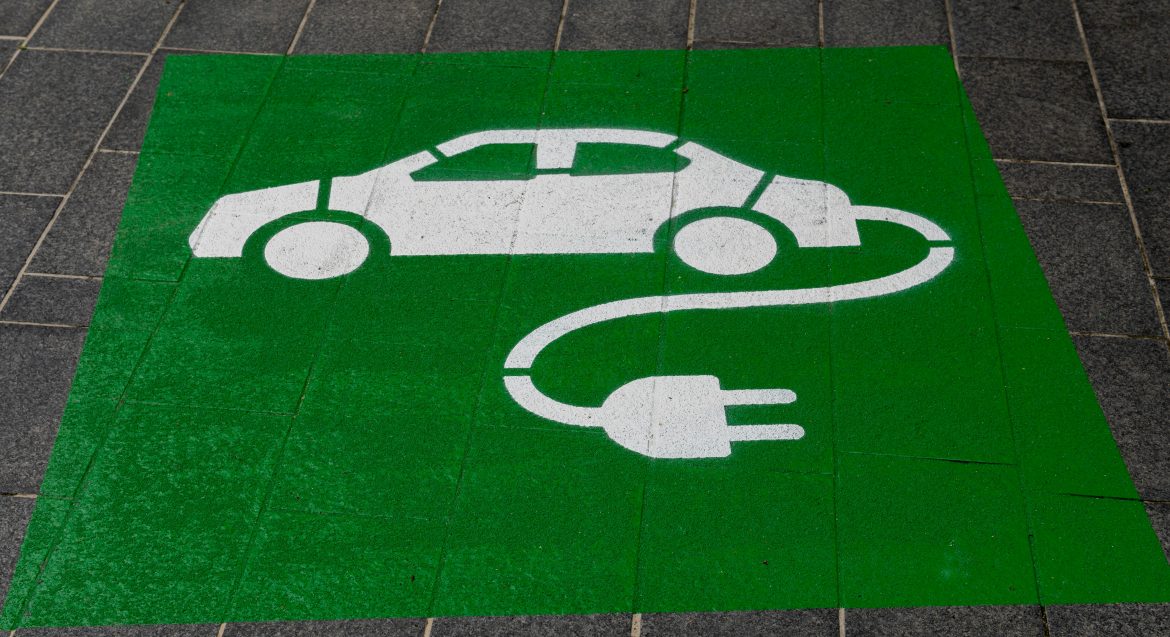Sales of new cars in the European Union saw a rise of 12.1% year-on-year in January thanks to double-digit growth in Germany and Italy, as per data viewed by Reuters. Registrations of fully electric cars grew in annual terms but saw a slump from December. Total registrations at Europe’s two largest carmakers Volkswagen and Stellantis rose by 11.5% and 15%, respectively, in January, but were down 2.9% at Renault, as per data from the European Automobile Manufacturers Association (ACEA).
Dip in BEV sales
Sales of new battery electric (BEV) cars dipped 42.3% from December to 92,741 vehicles, although that was a 29% increase from a year earlier. This trend gained momentum in Germany and France, the two biggest BEV markets in the bloc, where fully electric sales fell respectively by 59% and 46% from the previous month, but rose 24% and 37% from a year earlier. The figures overall reflect a global slowdown in electric vehicle sales, which dropped 26% in January from December but rose 69% from a year earlier, according to data, as subsidy cuts or tighter rules in Germany and France weighed, among other factors.
High cost of EVs
While high cost of EVs has become a barrier to broader mass adoption, carmakers like Stellantis and Renault have been trying to develop more affordable EVs – whether fully electric models, plug-in hybrids or full hybrids. These accounted for 47.5% of all new EU passenger car registrations in January, up from 42.7% a year earlier, but down from 53.3% in December.
The number of new vehicles registered in January in the EU, Britain and the European Free Trade Association (EFTA) rose by 11.5% to 1 million vehicles, according to ACEA.



